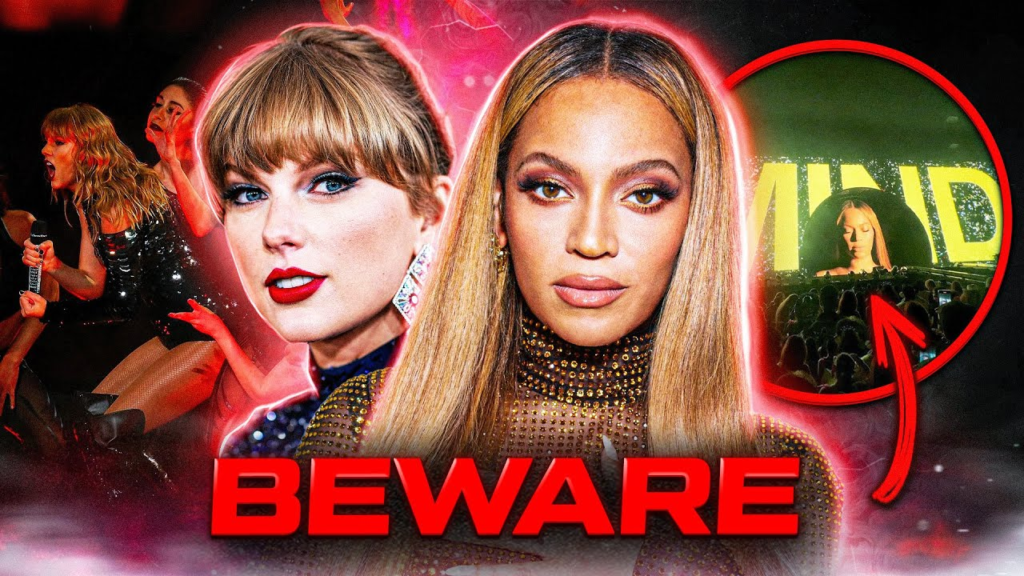
In the realm of pop culture, controversy is no stranger. From scandalous affairs to jaw-dropping performances, celebrities often find themselves under the scrutinizing lens of the public eye. However, the latest accusation has taken a bizarre turn as two of the music industry’s biggest names, Beyoncé and Taylor Swift, have been accused of practicing witchcraft. But what exactly sparked these accusations, and are they rooted in reality or mere sensationalism?
The controversy ignited when a series of cryptic symbols and occult references were discovered in the music videos and performances of both Beyoncé and Taylor Swift. Fans and critics alike began to speculate about hidden messages and secret rituals being embedded within their work. One particular instance that fueled the fire was Beyoncé’s visually stunning performance at the Grammy Awards, where she incorporated elements of African spirituality and symbolism. Similarly, Taylor Swift’s music videos were dissected for signs of occult imagery, with some claiming to have found references to witchcraft and mysticism.
The accusations gained momentum on social media platforms, where conspiracy theories spread like wildfire. Hashtags such as #BeyoncéWitchcraft and #TaylorSwiftCoven started trending, drawing attention from both supporters and skeptics. While some dismissed the claims as absurd and baseless, others pointed to alleged connections between the artists and secretive occult societies.
The fervor reached a peak when religious leaders and conservative groups joined the fray, denouncing the artists and calling for boycotts of their music. Accusations of promoting Satanism and undermining traditional values were hurled at Beyoncé and Taylor Swift, leading to heated debates about the influence of popular culture on society.
Amidst the chaos, both Beyoncé and Taylor Swift remained relatively silent on the matter. Representatives for the artists issued statements denying any involvement in witchcraft or the occult, attributing the symbolism in their work to artistic expression and creative storytelling. However, their explanations did little to quell the fervent speculation, with conspiracy theorists doubling down on their beliefs.
As the controversy continues to simmer, it raises questions about the power of perception and the blurred lines between reality and fantasy in the world of entertainment. While some view the accusations as unfounded paranoia, others see them as a reflection of deeper societal anxieties and cultural tensions.
Ultimately, whether Beyoncé and Taylor Swift are guilty of practicing witchcraft remains a matter of interpretation. While the evidence may be circumstantial at best, the fervor surrounding the accusations speaks to the enduring fascination with the occult and the allure of celebrity intrigue. As the spotlight shifts to the next scandalous headline, one thing remains certain: in the realm of pop culture, the truth is often stranger than fiction.